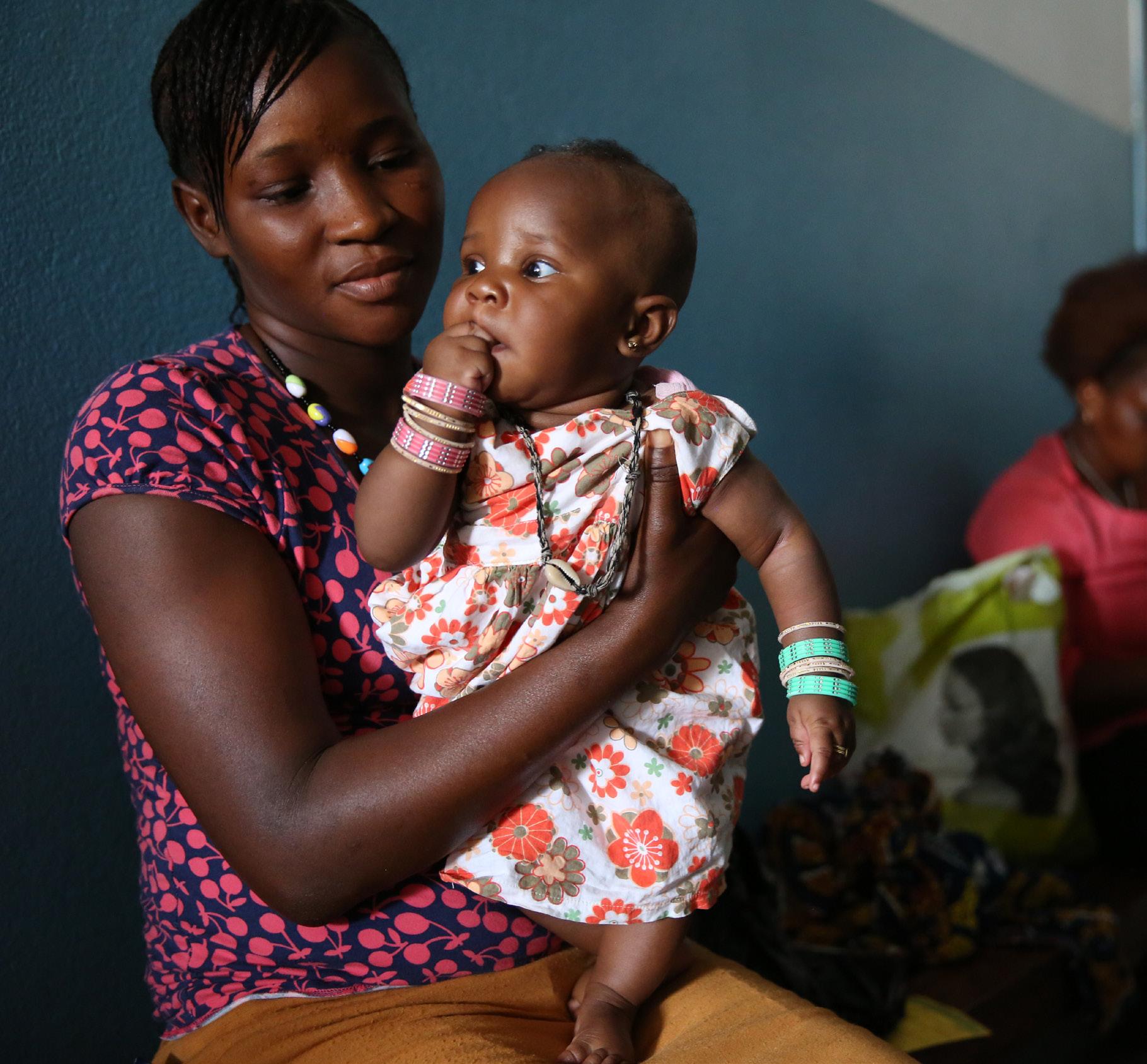
2 minute read
Preface
Photo: Jon Spaull/Bernard van Leer Foundation
In numbers Building policies for the early years
There is no better window of opportunity to make a lasting impact on human lives. During the early years of life, a child develops faster than at any other time: every second, more than one million neural connections are formed in the brain.1
At this vital stage of development, babies and toddlers are literally shaped by their experiences, and are almost completely dependent on caregivers, such as parents, who mediate those experiences. Therefore, the behaviours of caregivers have a defining impact on the child.
Young children around the world face significant barriers to healthy development, such as poor access to healthcare and limited opportunities to learn. Policymakers can help caregivers break down those barriers, from the provision of early childhood services to the design of public spaces. With the right support, governments can help babies and toddlers reach their full potential.
USD 1bn per day
the cost of not breastfeeding to the world economy2
1 in 2
pre-school-age children are not enrolled in formal education globally3
USD 4–9
estimated return for every dollar spent on high-quality early years programmes4
A guide for policymakers
Whether making policies for a nation or a village, this guide explains both why and how policymakers and practitioners can put young children first.
Building a society for babies, toddlers and caregivers consists of three main sections.
PART 1 describes key programmes and services across multiple sectors that are needed to support early childhood development.
PART 2 lists key lessons to draw from successful integrated policies and explores them in action, using case studies from around the world.
PART 3 provides a list of extra resources including further reading, data sources and tools to help with measuring and scaling interventions.
KEY TERMS
EARLY CHILDHOOD is the period of life from conception to the age of 8
PRIMARY CAREGIVER refers to a child’s first carer and educator – often a parent or grandparent
INTEGRATED POLICIES combine interventions in a coordinated approach to support holistic child development
SCALING expands a programme to new populations and/or different levels of government
UNIVERSAL policies cater for all young children and families
TARGETED policies focus resources towards those with the greatest need
PARENT COACHING programmes build caregivers’ competence in responsive parenting, parent wellbeing, health and child development
Photo: Courtesy of Dhiraj Singh Building a society for babies, toddlers and caregivers 2020 5











